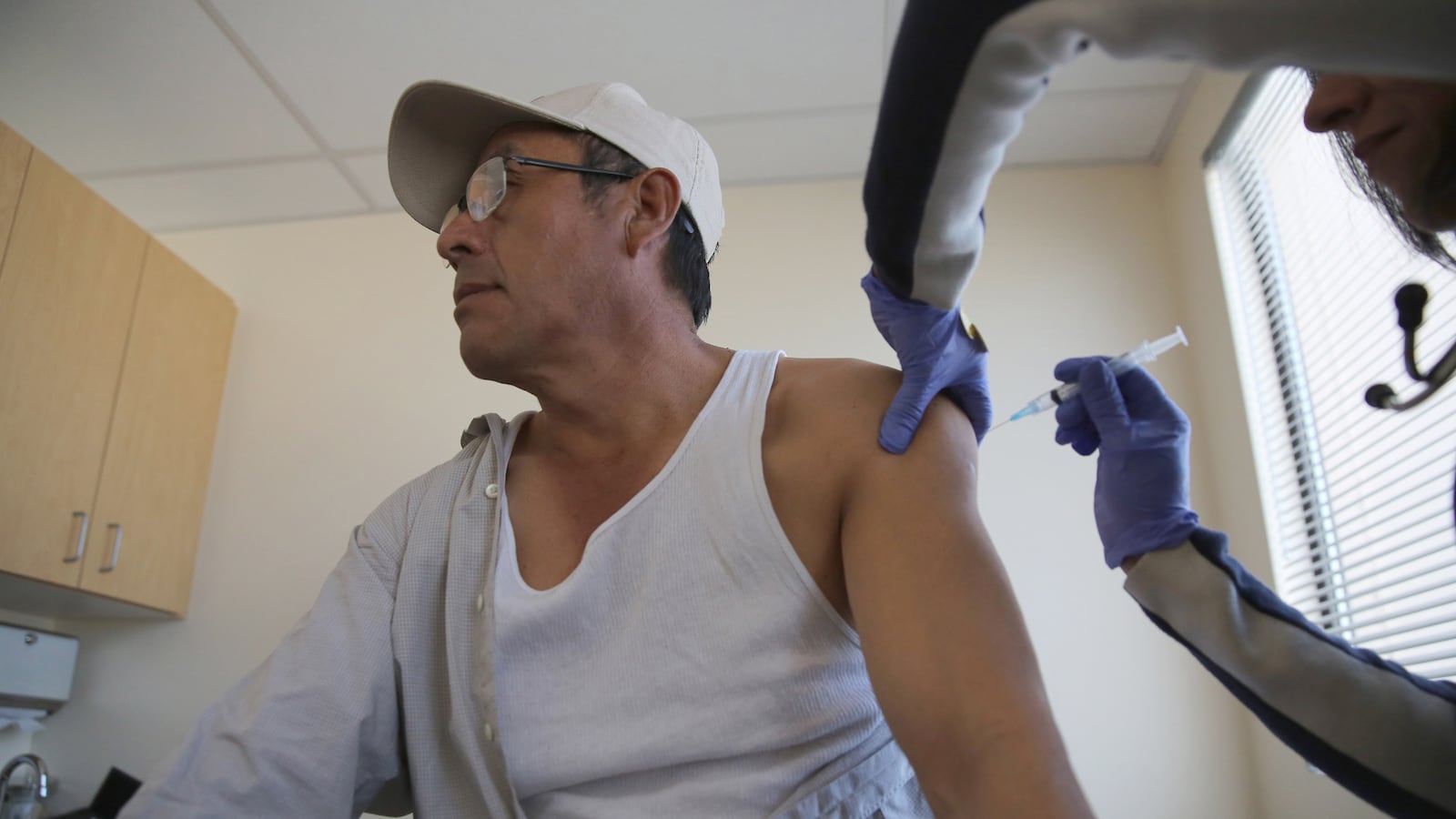A bill entering the House in Colorado is seeking to make it ever more difficult for parents to choose to not-vaccinate their children on the basis of personal “belief” was watered down this week. Like many states, until now Colorado has had an EZPass sort of approach, allowing great latitude and creativity to those parents who, for whatever reason, decide to opt out from protecting their kids and their kids’ friends against various childhood infections.

However, the recent, seemingly nonstop reappearance of various childhood infections—mumps, measles, and whooping cough (pertussis) in particular—has been sufficiently disruptive and costly to make some governments become more forward-thinking in their interpretation of just what the meaning of “mandatory” is. Colorado House Bill 1288 would have required that parents do the near-unthinkable—take an online vaccination education module prepared by the state or find a doctor willing sign off that the parent has received comparable information.
Democrats said they pulled the bill thanks to opposition from both parties. Instead, they pushed a wimpy bill that still requires schools to disclose vaccination rates, but doesn’t require parental education or doctor sign-offs.
This version is still being greeted with derision and genuine concern by various parents who oppose mandatory vaccination. A group that calls itself the National Vaccine Information Center, with the motto, “Your Health. Your Family. Your Choice.” has begun rallying the troops to make sure such a law never gets to the governor’s office for signature.
Their argument, summarized here, is the usual mess of semi-information, wrong assumptions, and poor data interpretation, but it seems to be moving the argument in an altogether new and disturbing direction. They have adopted the “pro-choice” tone of persons who are in favor of allowing a woman to choose to keep (or not) a pregnancy: “Your choice.” This is very unfortunate, as it will water down the potency of the pro-choice reproductive argument while missing the point entirely about vaccination.
Vaccination is different than abortion or believing in evolution (or not) because, unlike those decisions, the individual decision-maker’s choice doesn’t affect anyone in the community. If my neighbors all insist that God created man and the dinosaur together in seven days and that every word of Genesis is correct, literally, it may appall and demoralize me, but it doesn’t affect me, really.
Infectious diseases are different because infections are, well, infectious. The disease I develop because I opted (My health. My choice.) to avoid a preventative vaccine may well be transmitted to the poor guy sitting next to me on the bus or subway or in the movie theater who is on chemotherapy for cancer or is taking a biologic anti-inflammatory drug for arthritis or a course of steroids for an asthma attack and therefore has a weakened immune system—there are millions and millions of such people in the U.S. right this moment. Infections remind us that for better or worse, we are a community of people sharing a place and moment.
In this regard, the petulant motto of “Your health. Your family. Your health.” completely misses the point, though it comes mighty close. Using the word “family” to add moral weight to the slogan serves to get at the real truth—but the family of interest, where infection is concerned, is not the nuclear or even extended family. It is the family of man—because where measles and mumps and pertussis are concerned, we are all connected.






